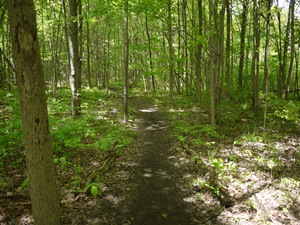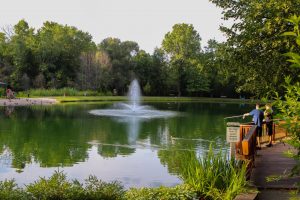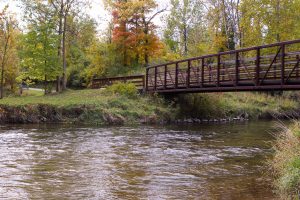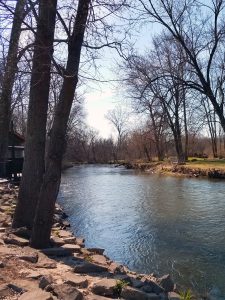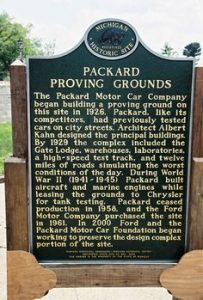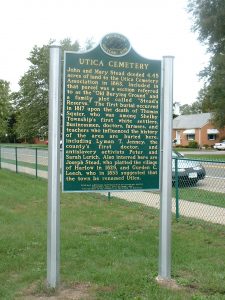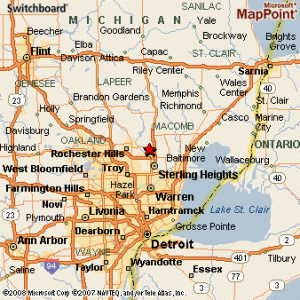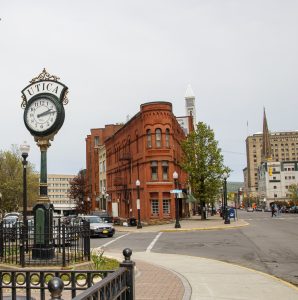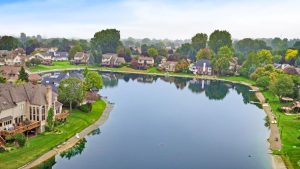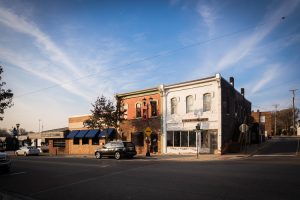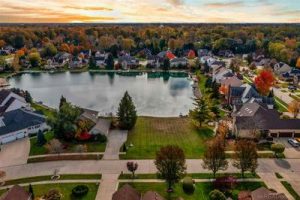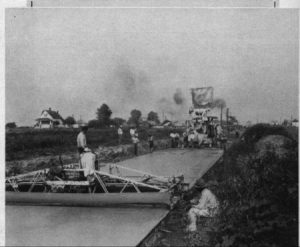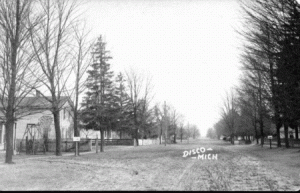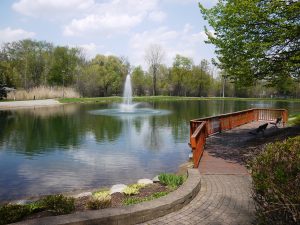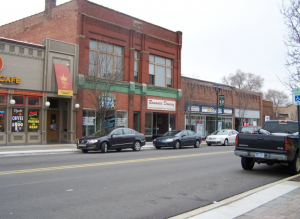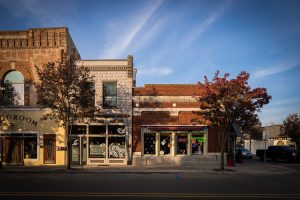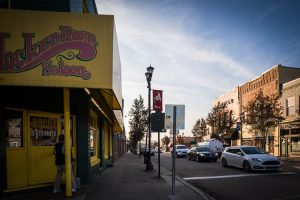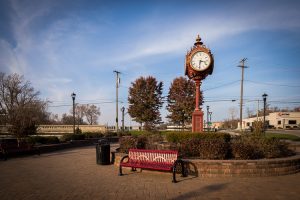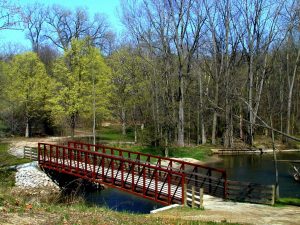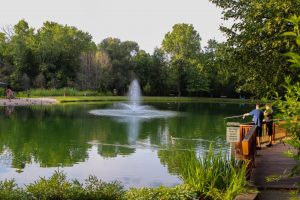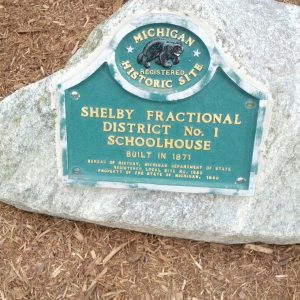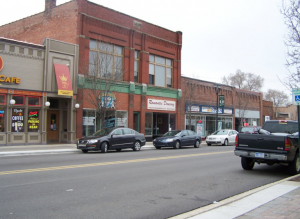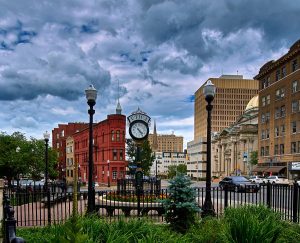Shelby Twp, Michigan
Shelby Charter Township, officially the Charter Township of Shelby, is a charter township and census-designated place located in Macomb County in the U.S. state of Michigan. The township, a northern suburb of Detroit, is located roughly 15 miles north of the city. The 2020 Census places the population at 79,408. Shelby Charter Township is one of the fastest-growing communities in Metro Detroit. Preston Corners is located at the corner of 25 Mile and Schoenherr roads, where Ira and Deborah Preston bought 400 acres of land from the United States government in 1826 and settled on it the following year, later building a sawmill and a picket fence factory. Shelby is located at Shelby and 25 Mile Roads. Shelby Village is located where Auburn and Ryan roads intersect. Housing was built in this area in the 1940s.
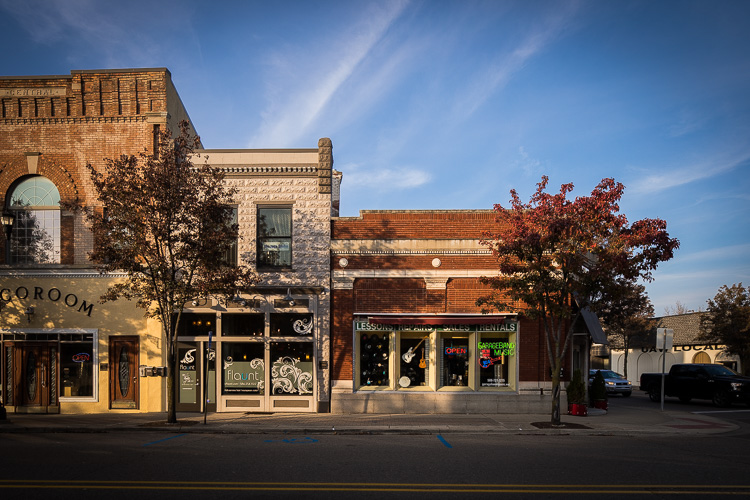
Discover the Community
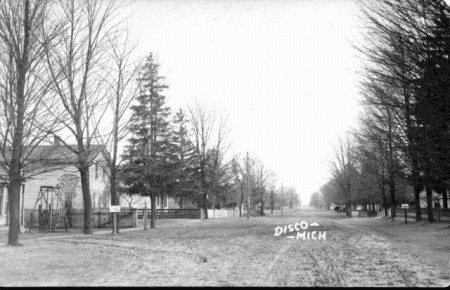
History
Not to be confused with Shelby in Oceana County.
Shelby Charter Township, officially the Charter Township of Shelby, is a charter township and census-designated place located in Macomb County in the U.S. state of Michigan. The township, a northern suburb of Detroit, is located roughly 15 miles (24 km) north of the city. The 2020 Census places the population at 79,408. Shelby Charter Township is one of the fastest-growing communities in Metro Detroit.
Shelby Township was set off by an act of the Michigan Territorial Legislature on April 12, 1827, and a civil government was organized the following May. It originally included the area that is now Sterling Heights, which was set off March 17, 1835, as the township of Jefferson, renamed to Sterling on March 6, 1838. Utica, located on the southern edge of the township, originally incorporated as a village on March 9, 1838, although that corporation was dissolved soon afterwards. The village incorporated a second time on May 10, 1877.
The village of Disco was located at what is now the junction of 24 Mile Road and Van Dyke Road and was platted in 1849. The community never incorporated, although the local high school, the "Disco Academy" gained some local recognition and a post office operated named Disco from May 5, 1854, until July 31, 1906. Only a few homes and a namesake on old county road maps remain of this now forgotten historic place. See also: "The Lost Village of Disco" on the Shelby Township Historical Society website.
Education
The majority of residents are zoned into Utica Community Schools, which serves parts of the communities of Sterling Heights, Macomb Township, Washington Township, and Ray Township, as well as most of Shelby Charter Township, and all of Utica. However, a small number of residents are zoned into Romeo Community Schools.
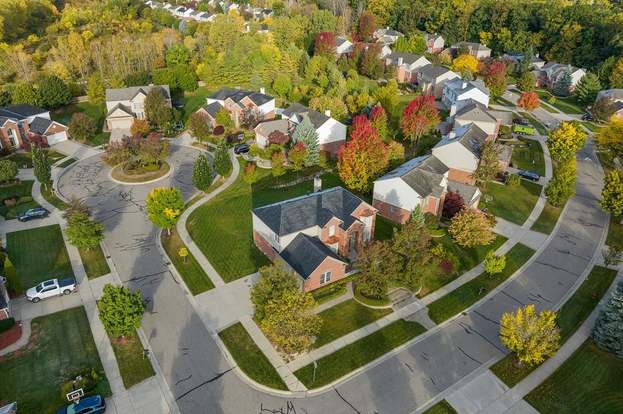
Acres of Parkland
Within its borders, the township offers nearly 1,200 acres in Township parks with sports fields, playscapes and trails. Home to more than 100 species of native birds and animals, including nesting American bald eagles, and more than 80 species of trees, shrubs and wildflowers, Shelby Township provides an escape for nature lovers.
Click Here to View more parks info
Miles to Hike and Bike
Shelby Township connects its parks to the Clinton River, Lake St. Clair and Stony Creek Metropark with 18.11 miles of trails. Among these trails is the Macomb Orchard Trail and the Iron Belle Trail, which will run from Detroit to the Upper Peninsula.
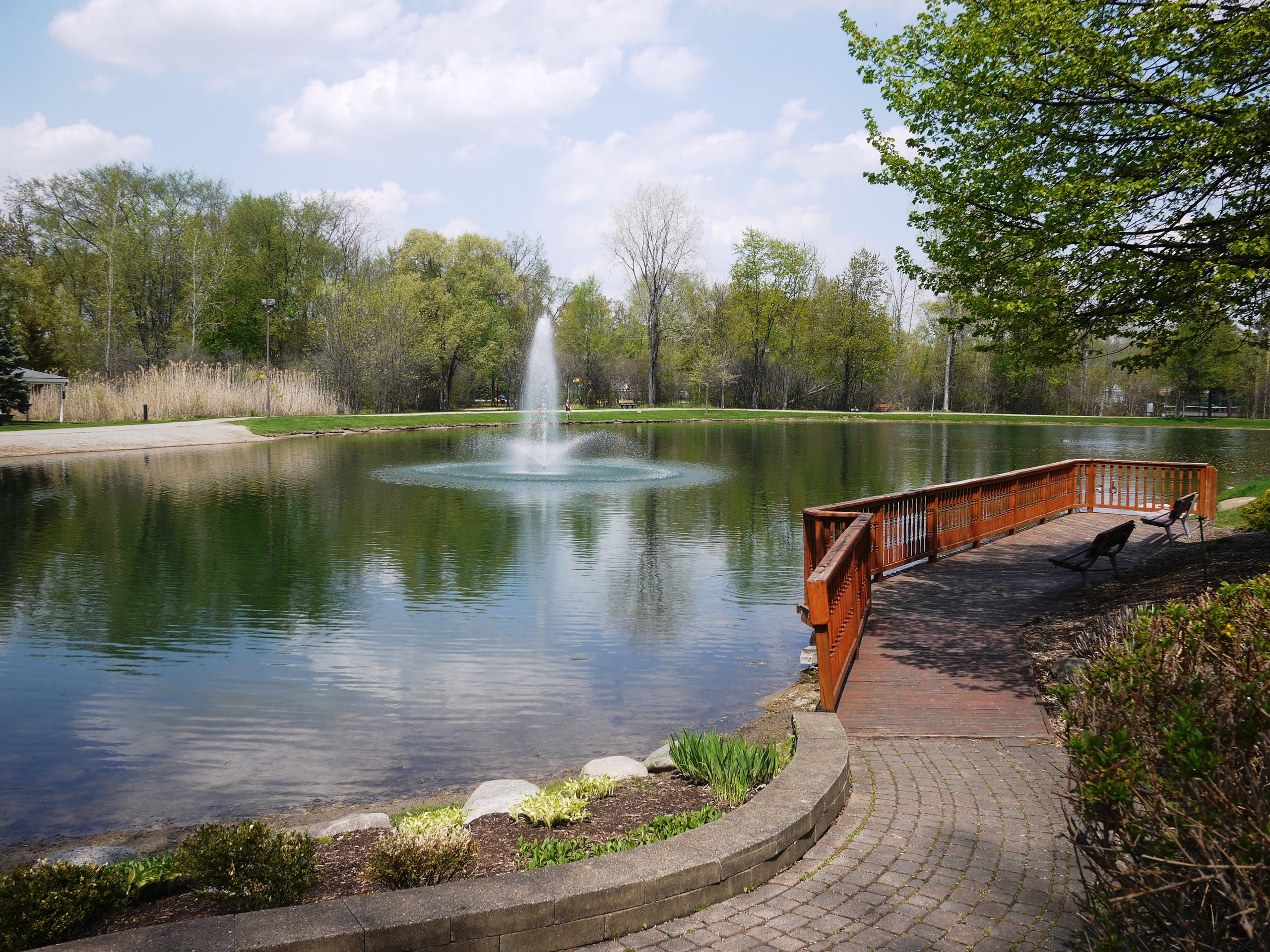
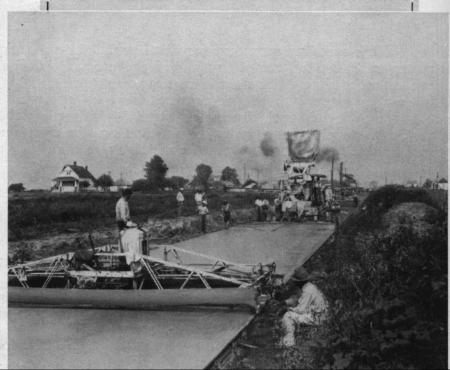
Township Government is Citizen Government
Michigan's local government structure can be a bit bewildering. Michigan's 1,242 townships govern the vast majority of Michigan's land area and serve over forty-five percent of Michigan's residents.
Townships were the brainchild of Thomas Jefferson and were created before Michigan became a state. Andrew Jackson's philosophy of direct democracy further shaped the township government structure that serves and thrives today.
Townships embody the values of "grassroots government." In townships, citizens contribute their talents, skills and ideas to preserve the quality of life and to deliver important programs and services.
Township officials live in the communities they serve and stay in touch with ever changing needs. Limited by law in the amount of taxes they can levy, township officials are creative in delivering quality services with the least possible burden to taxpayers.
Efficient. Effective. Accountable. Accessible. Michigan's township governments embody America's great democratic principles.

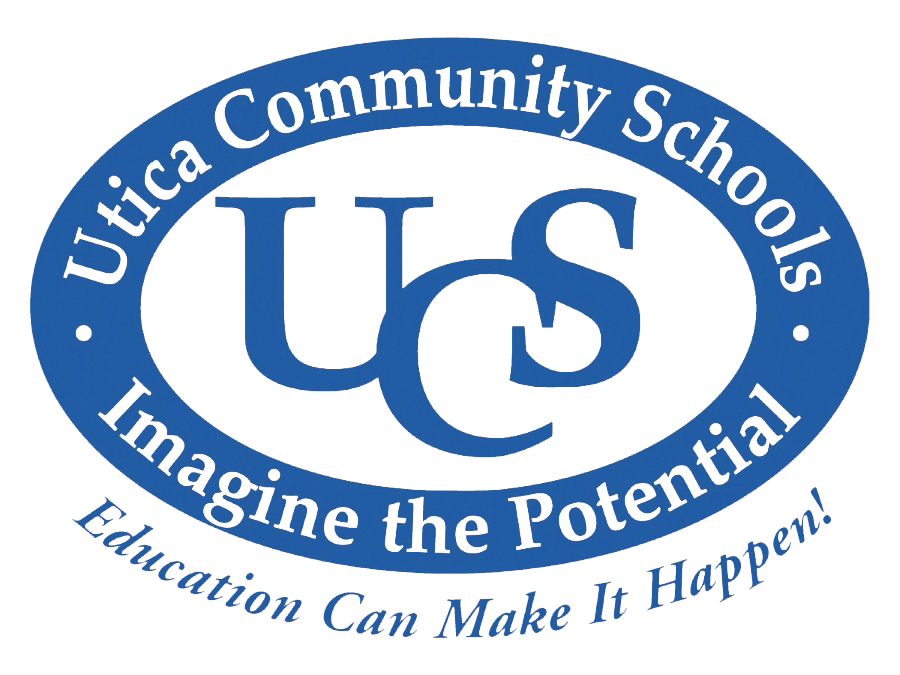
Utica Community Schools
As Michigan’s second largest school district, it is recognized nationally for academic excellence.
Student achievement levels in the district continue to outpace local, state and nationally levels, and the district’s graduation rate of 95.53 percent is 13 points higher than Michigan averages.
The district prepares students for success in a global economy through a focus of four key strategies: providing academic excellence, preparing positives digital citizens, promoting student innovation and ensuring accountability.
Providing Academic Excellence
Academic excellence doesn't happen by accident - it takes hard work and everyone working together.
- UCS students outpace their county, state and national peers in career and college readiness.
- The UCS graduation rate is 93.06 percent - more than 13 points higher than the state average.
- UCS high schools – Eisenhower, Henry Ford II, Stevenson and Utica – and the Utica Academy for International Studies have been named among the most academically challenging high schools in the nation by The Washington Post.
- The average daily attendance rate of approximately 95 percent demonstrates UCS students are ready and committed to their learning.
- UCS offers nationally-recognized Advanced Placement and International Baccalaureate programs.
- More than 170 graduates were honored with a Seal of Global Language for demonstrating proficiency in two or more languages.
- Utica Community Schools has been named one of the nation's Best Communities for Music Education by the National Association of Music Merchants.
Promoting Student Innovation
- UCS is giving students a competitive edge for future jobs through:
- Teaching coding at all grade levels
- Offering 3D printing
- Virtual Reality technology
- UCS partners with businesses and industries to offer real-world experiences.
- Comprehensive Career and Technology Programs
- UCS specialty programs: Utica Center for Science and Industry, Utica Center for Mathematics, Science and Technology and Utica Academy for International Studies
- Personalized blended learning in all K-2 classes
- UCS has been named a Center of Excellence for its use of Augmented Reality/Virtual Reality for Learning. UCS is the only district in the midwest to earn this designation


